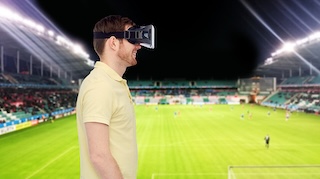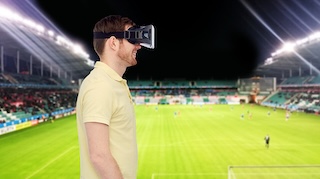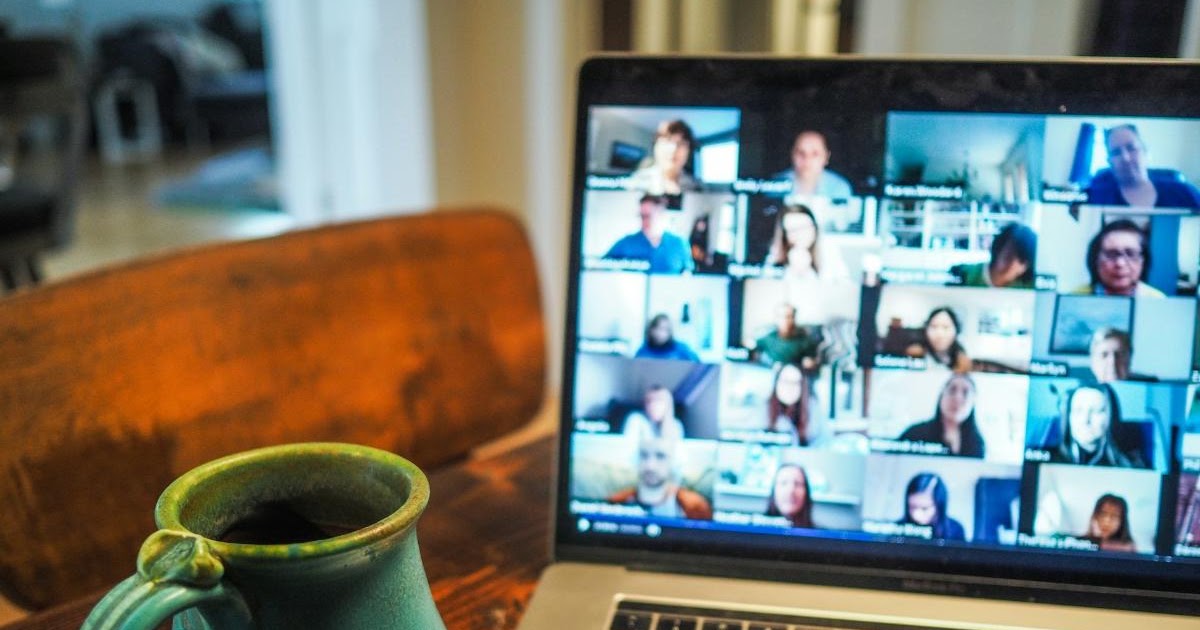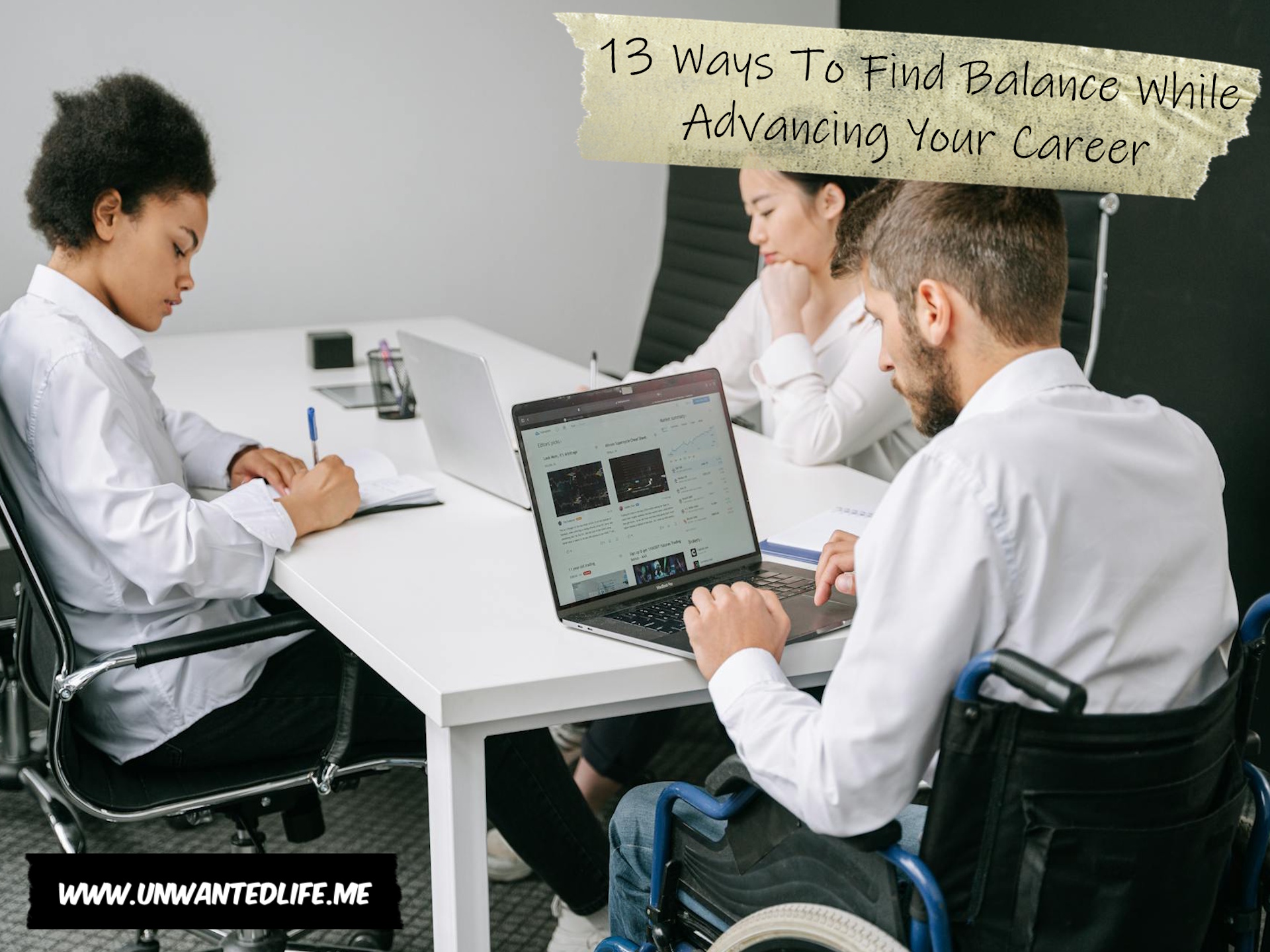 A new study published in the International Journal of Human–Computer Interaction looked at the social dimensions of virtual/augmented reality sport gaming and the interplay among game involvement, interpersonal relationships, social capital, and psychological well-being.
A new study published in the International Journal of Human–Computer Interaction looked at the social dimensions of virtual/augmented reality sport gaming and the interplay among game involvement, interpersonal relationships, social capital, and psychological well-being.
“In this study, we investigated whether AR/VR sport games can do more than just entertain,” study author Sanghoon Kim told us. “Virtual sport has many features. Users can create and use their own avatars, and they can also play with others beyond physical space. We believe these features can open up new ways for users to connect with each other and improve their well-being. In this study, we focused on how users interact with each other and how those connections interplay with their social capital to finally affect their well-being.”
The researchers expected that users who are more engaged in VR/AR sports would feel more connected with others and that this sense of connection would support their well-being. They also believed that for those who experience loneliness in their personal lives, these games could have a meaningful effect on their well-being.
“We see VR and AR sports everywhere now, from fitness apps to social gaming platforms, but people rarely talk about what these games actually mean for our lives and relationships,” Kim told us. “Also, some people struggle with loneliness and/or want new ways to connect. We wanted to see if these virtual sports spaces could become more than just games, helping people feel a sense of being with others and improving their well-being.”
The researchers surveyed people who play AR/VR sports games and asked about their experiences, how engaged they were in the games, how they interacted with others, and whether they felt lonely in their daily lives. Then the researchers looked at how all of these factors were connected to their overall well-being.
“We found that people who were more engaged in AR/VR sports games reported higher levels of well-being,” study author Sangchul Park told us. “But the real benefits came from the social side, feeling like they were with others and being able to communicate in real time. One interesting point was the role of loneliness. People who felt lonelier in real life were more likely to feel a sense of social presence while gaming, which in turn improved their well-being.”
The researchers were surprised with how loneliness worked. Users who felt lonely still achieved well-being through a sense of being with others in the gaming environment. However, loneliness didn’t change how communication in virtual spaces influenced well-being, probably, say the researchers, because some users who feel lonely still find it hard to interact, even in virtual settings. Indeed, past research also shows that people with higher levels of loneliness often lack communication skills or avoid interaction, and they study showed similar phenomena even in the gaming environment as well.
“What we learned is that AR/VR sports games can really be more than just entertainment,” Park told us. “They bring together the fun of sport, the value of social connection, and even physical activity, and this also suggests that they could play a role in wellness or therapy programs. But to get there, we need designs that make interaction natural and welcoming for everyone. With the right approach, these games could offer a powerful new way to help people connect and support their well-being.”
Technology itself is innately neutral, explained Park, so it’s in fact how we use it that matters. If AR/VR sports games are designed with people in mind, these games can make a positive difference in people’s lives. If not, they could easily become just another distraction.
Patricia Tomasi is a mom, maternal mental health advocate, journalist, and speaker. She writes regularly for the Huffington Post Canada, focusing primarily on maternal mental health after suffering from severe postpartum anxiety twice. You can find her Huffington Post biography here. Patricia is also a Patient Expert Advisor for the North American-based, Maternal Mental Health Research Collective and is the founder of the online peer support group – Facebook Postpartum Depression & Anxiety Support Group – with over 1500 members worldwide. Blog: www.patriciatomasiblog.wordpress.com
Email: tomasi.patricia@gmail.com










